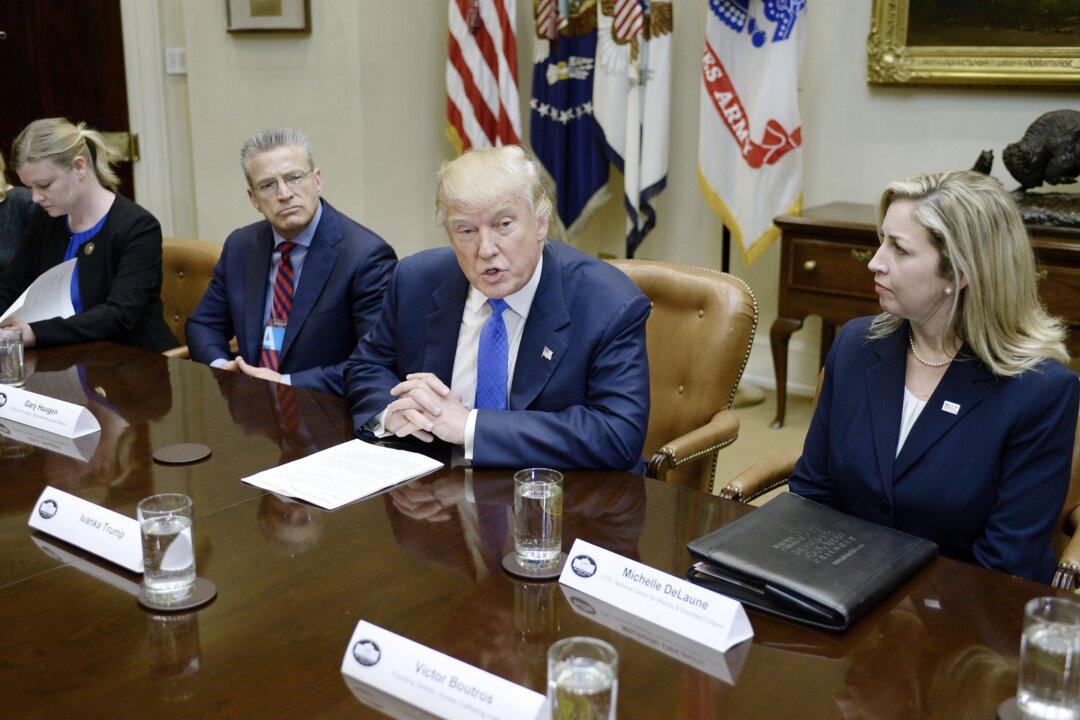The Trump administration reiterated its commitment on July 25, in providing assistance to Jamaica in the battle against human trafficking, a hidden epidemic that’s continuing to grow across the globe.
Speaking at a conference, Mark Seibel, deputy chief of mission of the U.S. Embassy in Jamaica, said that the U.S. government intends to provide $4.5 million in aid to Jamaica.





